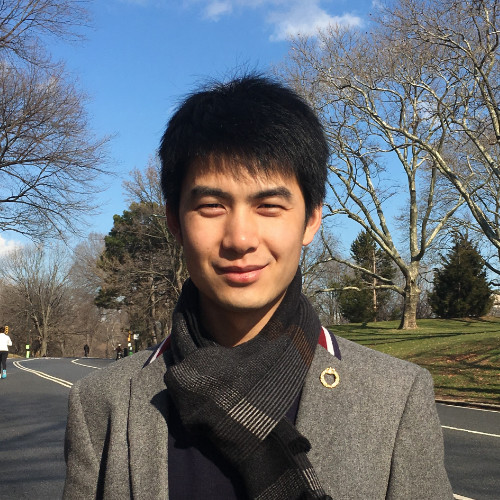Genetically engineered mouse models (GEMMs) help us understand human pathologies and develop new therapies, yet faithfully recapitulating human diseases in mice is challenging. Advances in genomics have highlighted the importance of non-coding regulatory genome sequences, which control spatiotemporal gene expression patterns and splicing in many human diseases. Including regulatory extensive genomic regions, which requires large-scale genome engineering, should enhance the quality of disease modelling. Existing methods set limits in size and efficiency of DNA delivery, hampering the routine creation of highly informative models that we call Genomically REwritten And Tailored GEMMs (GREAT-GEMMs). Here Dr. Zhang and colleagues describe "mammalian switching antibiotic resistance markers progressively for integration" (mSwAP-In), a method for efficient genome rewriting in mouse embryonic stem cells. They demonstrate the use of mSwAP-In for iterative genome rewriting of up to 115 kb of a tailored Trp53 locus, as well as for humanization of mice using 116 kb and 180 kb human ACE2 loci. The ACE2 model recapitulated human ACE2 expression patterns and splicing, and notably, presented milder symptoms when challenged with SARS-CoV-2 compared with the existing K18-hACE2 model, thus representing a more human-like model of infection. Finally, Dr. Zhang and colleagues demonstrated serial genome writing by humanizing mouse Tmprss2 biallelically in the ACE2 GREAT-GEMM, highlighting the versatility of mSwAP-In in genome writing.
Bullet points:
1. mSwAP-In is a method for efficient genome rewriting in mouse embryonic stem cells.
2. mSwAP-In overcomes limits in size and efficiency of DNA delivery of existing methods.
3. Application for gene humanized mouse construction by mSwAP-In.
Our Guest Speaker:

Dr. Weimin Zhang obtained his Ph.D. degree at Tsinghua University (mentor: Prof. Junbiao Dai), and was a postdoc fellow at Jef Boeke’ s lab (member of national academy of science) at New York University. Now Dr. Zhang is a faculty member at Institute for Systems Genetics, NYU. He has published over 20 research articles including first author papers in Nature, Science, Dev Cell, Mol Cell etc. His research interests are synthetic genomes, disease modeling in mice of such as cancer and COVID-19.


